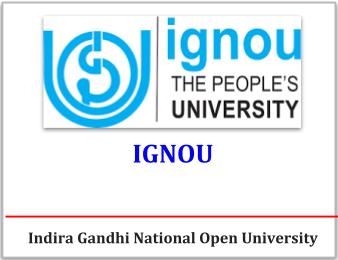IGNOU HISTORY NOTES : India History From Mid 18th to Mid 19th Century - European Colonial Powers

IGNOU HISTORY Study Notes for IAS, UPSC Exams
History India From Mid 18th to Mid 19th Century
European Colonial Powers
Structure
7.0 Objectives
7.1 lntroduction
7.2 The Background
7.3 Towards Africa and the Americas
7.4 Towards Asia : The Portuguese Onslaught
7.5 The Decline of the Portuguese Empire
7.6 The Rise of the Dutch
7.7 The S~ccess of the English
7.8 English Rivalry with the Portuguese and the Dutch
7.9 Frencb Colonial Ambitions
7.10 The Structure and Pattern of European Trade
7.11 Towards the Conquest of lndia
7.12 lndustrial Capitalism and lrnperialism
7.13 Let Us Sum Up
7.14 Key Words
7.15 Answers To Check Your Progress Exercises
7.0 OBJECTIVES
This Unit deals with the overseas activities of European powers with special reference
to Asia and lndia, After reading this Unit you will be able to explain :
- the expansion of European nations for trade and markets carried out by the formation of trading companies,
- the growth in the trading empire of the Portuguese. the Dutch. the English and the French in the East,
- the nature, methods and pattern of trade with the East in the context of the growth of capitalism on a global scale,
- the transformation of Europeans from traders to colonial powers, and
- trade rivalries between European colonial powers and the success of the French and English East lndia Company in lndia.
7.1 INTRODUCTION
In the previous 'Unit we have examined the transformation which occurred in Europe
from the fifteenth to the middle of the nineteenth century. During this period there
was a tremendous growth in trade and markets based on a growing technology
applied in agriculture and especially manufactures. Capitalism was replacing the
feudal economy and society. However, the changes which occurred in Europe were
not limited to it. World history after 1500 A.D. got closely related to developments
taking place in Europe. This is because capitalism as a system is based on profit
making and competition in the market. It constantly requires expansion of the
market fo; raw material and selling of goods. Capital accumulates and secks outlcts
for reinvestment for further profits. Its expansion therefore was world-widc.
engulfing other types of economics, societies and cultures.
Click here to download full Chapter
Courtesy: eGyanKosh


